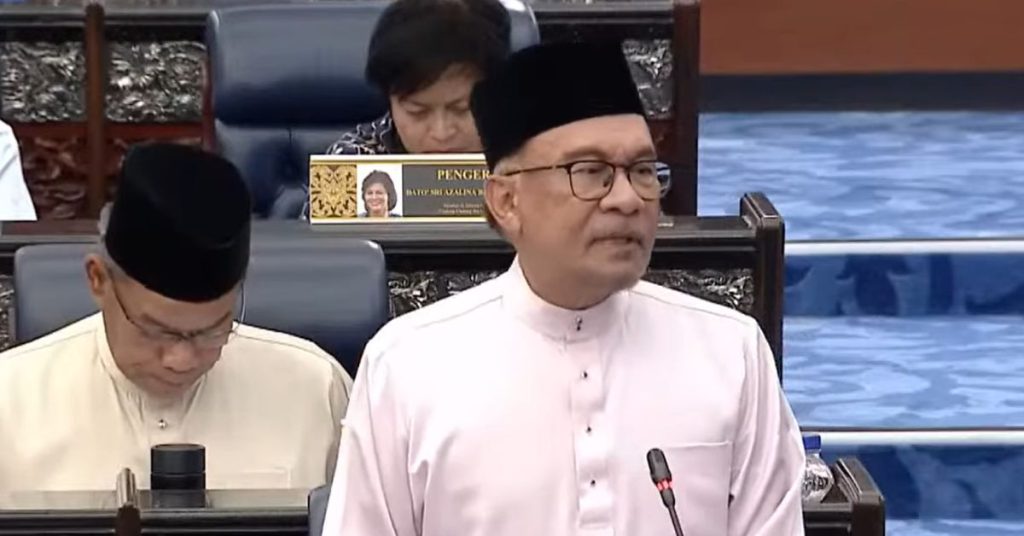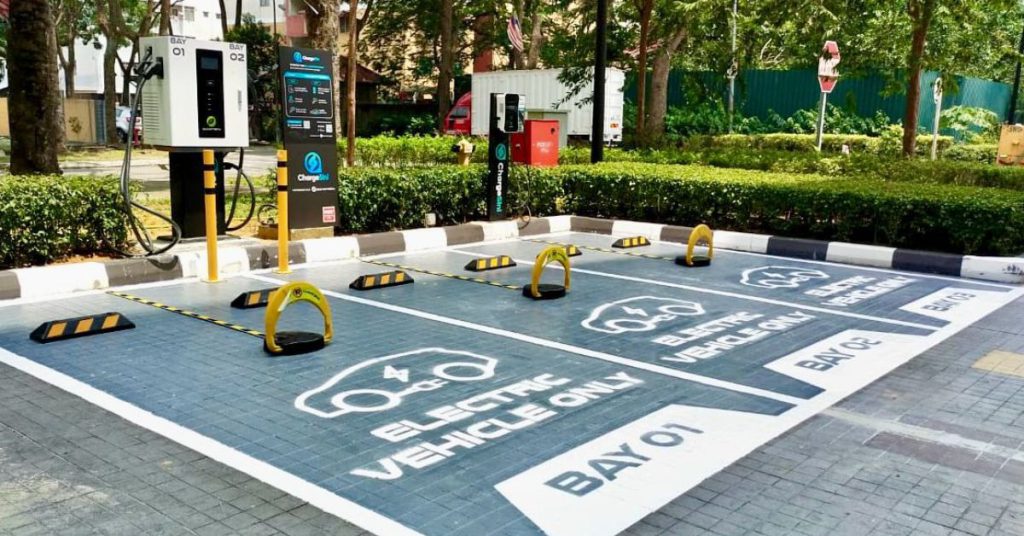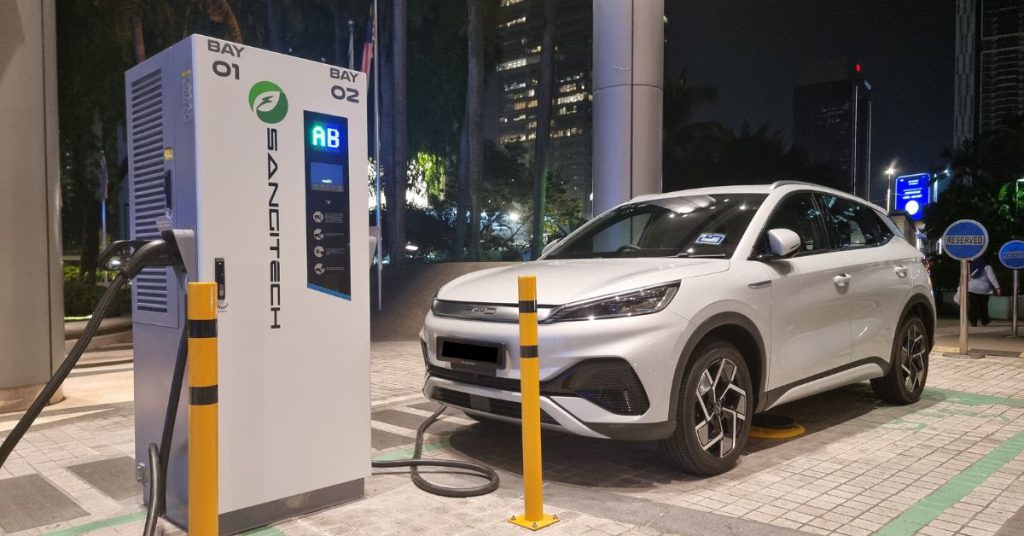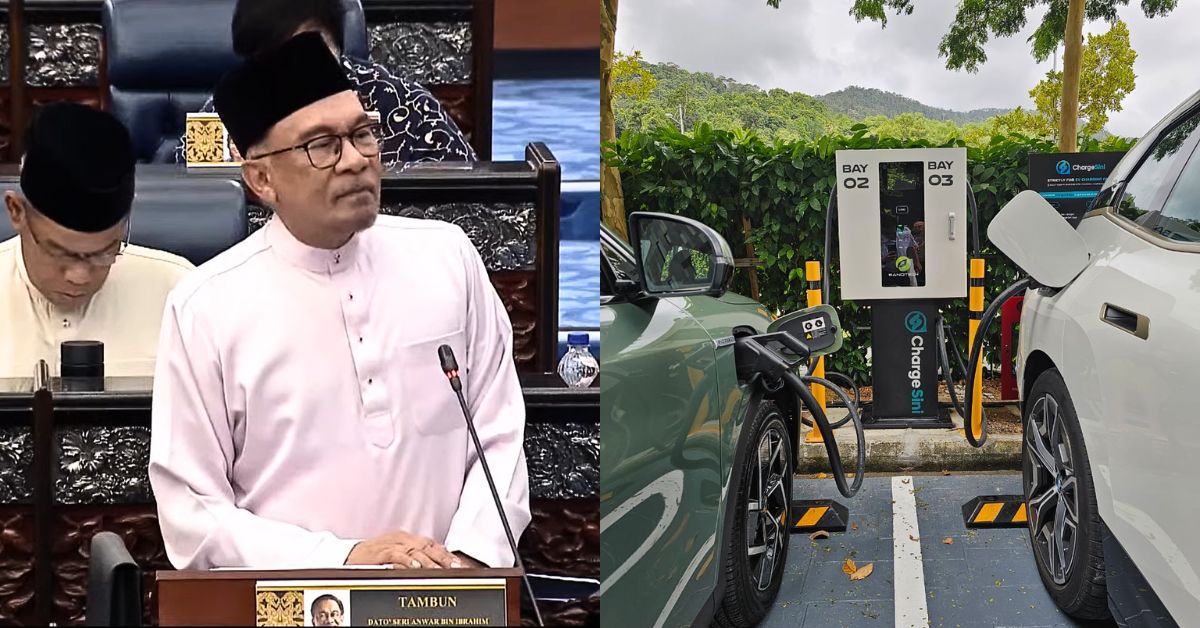[Written in partnership with ChargeSini, but the editorial team had full control over the content.]
Tabled last month, the Malaysian Budget 2024 introduced several measures that are expected to boost the electric vehicle (EV) industry in Malaysia.
The highlights are:
- Gentari, TNB, and Tesla are pledging RM170 million to expand their EV fast-charging networks and build 180 new stations.
- As a part of an incentive scheme, the government is offering RM2,500 rebate on electric motorbikes for Malaysians earning under RM120,000 annually.
- RM600 million has been allocated for Prasarana Malaysia Berhad to acquire 150 electric buses and construct three bus depots.
- Individual income tax exemptions of up to RM2,500 for those spending on EV charging facilities will be continued for four more years.
- Tax rebates for EV vehicle rentals will be extended for two more years.

This definitely sounds like good news to many EV users, especially with the continuation of individual tax exemptions. However, is it all good for local startups in the EV space?
We asked ChargeSini, a local charging point operator (CPO), to give their insights of these EV-related allocations for Budget 2024.
Concerns over the RM170 million pledge
While it’s great to see large companies such as Tesla, TNB, and Gentari pledge RM170 million to build EV charging stations, ChargeSini shared that they have some reservations.
This is as they believe that the Budget 2024 should have considered a more inclusive approach in order to support small, private, and local CPOs.
“It’s crucial to promote competition and innovation in this growing industry, and small-scale CPOs play a vital role in achieving this,” the team shared.
The startup also pointed out that RM170 million to build at least 180 stations means that nearly RM1 million is allocated per charging station, which is rather high.

With that in mind, ChargeSini encouraged a more relevant distribution of resources by companies like Tesla, TNB, and Gentari to ensure fair and efficient development.
That said, the startup recognises that the 180 EV charging stations will certainly be a positive development for the EV industry in Malaysia.
Still, local CPOs will continue to have a role to play in the EV market, especially as the EV industry in Malaysia is considerably nascent.
Small drops make an ocean
Another EV-related advancement to come out of the Budget 2024 is that Putrajaya will be modelled as “Malaysia’s low-carbon city”, whereby the government will install solar panels on government building rooftops in collaboration with TNB and Gentari.
Moreover, the government will also begin using EVs as part of its vehicle fleet.
ChargeSini believes that this decision is a significant and positive step toward promoting EVs and charging infrastructure in Malaysia.
These should help with public perception and awareness, sending a clear message to the public that EVs are a viable, sustainable mode of transportation.
The acquisition of electric buses to the tune of RM600 million and the electric bike schemes are worth commending too, the CPO shared. Both offer more affordable and accessible forms of EV transportation compared to EV cars.
Since ChargeSini will also offer charging solutions for e-bikes and electric buses, this is good news for the homegrown company too.

Ultimately, though, ChargeSini believes that the most significant EV-related measure from the Budget 2024 is the extension of individual income tax relief on charging facility expenses.
“Our mission at ChargeSini is to provide the easiest and most convenient charging platform to the public,” they explained. “By extending tax relief for EV charging expenses, the government is incentivising more individuals to consider and ultimately adopt EVs.”
“This, in turn, leads to an increase in demand for EV charging services, benefiting both the industry and ChargeSini.”
With global companies such as Tesla coming onto the scene and investing into the Malaysian market, it’s easy to overlook smaller startups playing their part to support local EV users.
However, especially because Malaysia still has a way to go in terms of EV adoption, it’s important for these startups to continue fostering the scene and innovating the market.
As ChargeSini put it, “We believe that the government support should extend to a diverse range of market participants. By doing so, Malaysia can accelerate the adoption of EV and create a thriving ecosystem that benefits consumers and businesses alike.”
Featured Image Credit: RTM / ChargeSini









